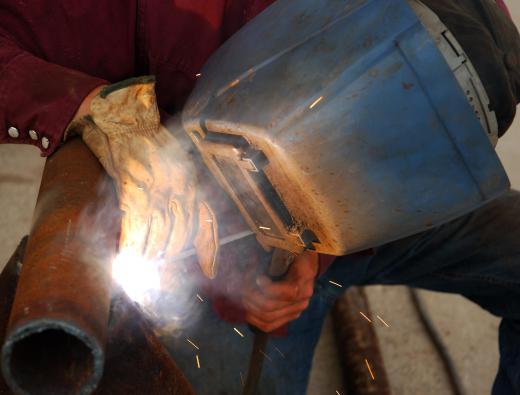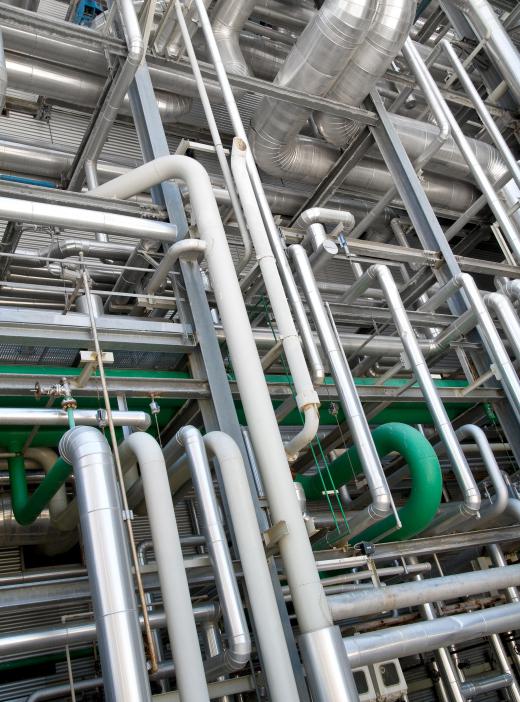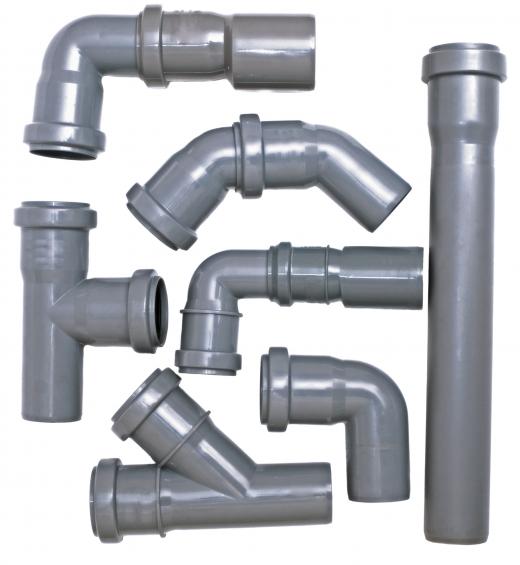Pipe fabrication is the process of manufacturing predesigned piping systems for various uses. Fabricated systems can be used in irrigation and fire protection, among other things. The use determines the size and diameter of the pipes being used, the material that the piping system is to be constructed of, and the different attachments and components that the system will need to contain throughout its layout. Chemical treatments are used to fabricate pipes, as are various types of welding and different sealed joining methods. The purpose is to create a system that will properly suit the client’s intended use for the piping system being made.
Many pipe fabrication facilities also use the process of pipe bending. In this process, a straight section of piping is formed to create curvatures or bends at virtually any angle, depending on the specifications set by the client’s approved design. These tactics have long been an efficient method of creating versatile and exact piping systems, able to fit into almost any existing structure without extensive remodeling or demolition. This process is perhaps one of the most valuable assets to the fabrication process, as it truly allows for full customization.

In most cases, the clients that require fabrication jobs are large industrial facilities, schools, or companies that specialize in the installation process of different irrigation or plumbing systems. It also becomes necessary for systems that either aren’t typical or that run too large in scope to be handled by standard methods. When the system requires a true customization in order to achieve successful integration of a piping system, pipe fabrication is most commonly the process used.

Another instance where it is often used is during the process of updating an existing system. Such systems may require a customized angle or specification that can’t readily be purchased from a typical piping supplier. Removal or repair of an existing component of a piping system is one of the most common applications that requires a fabrication specialist.

In many cases, the cost of integrating a fabricated pipe system will depend on the size of the job as well as on the dimensions of the material chosen. The more difficult the layout of the finished system or piece, or the more difficult the material chosen is to work with, the higher the price tag associated with the job. When these services are requested, however, the fabricated pipe system is usually a necessity before the design is even drawn.
